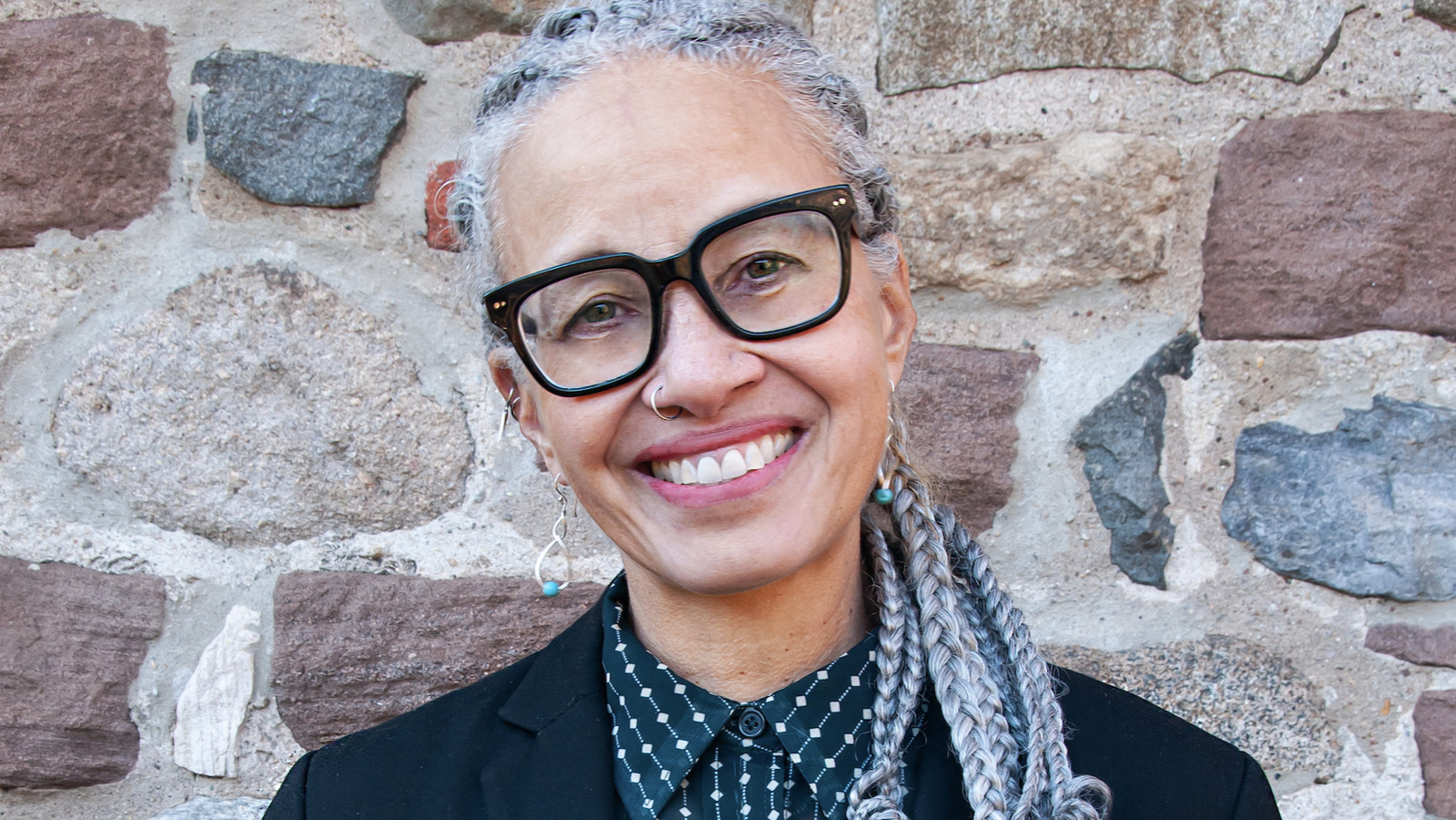The Third Rail Series aims to address some of the most thorny and contentious social, political, and cultural issues related to race and ethnicity in contemporary society. These accessible public presentations are designed to inform and move public discussion forward.
Linda Villarosa - Under the Skin: The Hidden Toll of Racism on American Lives and on the Health of Our Nation
In her pieces for The Times, Linda Villarosa has focused on the consistent poorer health outcomes for Black Americans over their white and Latinx counterparts, including higher rates of maternal and infant mortality, higher rates of mortality for COVID and HIV/AIDS, and the shocking difference in life expectancy in predominantly Black vs. white Chicago neighborhoods. As a contributor to The New York Times’ Pulitzer Prize-winning 1619 Project and the subsequent book-length expansion of the 1619 Project, she traced the race-based physiological myths that have endured since slavery and continue to plague medicine today. A former executive editor of Essence Magazine, Villarosa is a member of the Association of LGBTQ Journalists (NLGJA) Hall of Fame, and has been recognized with awards from the American Medical Writers’ Association, the New York Association of Black Journalists, the National Women’s Political Caucus, and many others. She teaches journalism, English and Black Studies at the City College of New York.
Moderated by Madina Agénor, ScD, MPH; Assistant Professor, Department of Behavioral and Social Sciences and Department of Epidemiology, School of Public Health
Dr. Madina Agénor ’05, ScD, MPH is Assistant Professor in the Department of Behavioral and Social Sciences and Center for Health Promotion and Health Equity at Brown University School of Public Health. She is also Adjunct Faculty at The Fenway Institute and leads the Sexual Health and Reproductive Experiences (SHARE) Lab at Brown University. As a social epidemiologist, Dr. Agénor investigates the structural and social determinants of health inequities related to sexual orientation, race/ethnicity, and gender identity using an intersectional lens and mixed-methods research approach. Using quantitative and qualitative research methods, she examines how multilevel social, economic, health care, and policy factors shape sexual and reproductive health among diverse marginalized sexual orientation, racial/ethnic, and gender identity groups in the U.S. Her current research investigates how intersecting forms of structural, institutional, and interpersonal discrimination, including racism, heterosexism, sexism, and cisgenderism, differentially and simultaneously influence sexual and reproductive health among multiply marginalized U.S. populations, especially Black and Latina women, sexual minoritized women, and transgender and nonbinary people of color. Dr. Agénor completed postdoctoral research training in cancer prevention equity at Harvard T.H. Chan School of Public Health and Dana-Farber Cancer Institute and was Visiting Research Faculty at the Center for Interdisciplinary Research on AIDS at Yale University. She holds a Doctor of Science (ScD) in Social and Behavioral Sciences with a concentration in Women, Gender, and Health from Harvard T.H. Chan School of Public Health, a Master of Public Health (MPH) in Sociomedical Sciences from Columbia University Mailman School of Public Health, and a bachelor’s degree (AB, magna cum laude with Honors) in Community Health and Gender Studies from Brown University.

